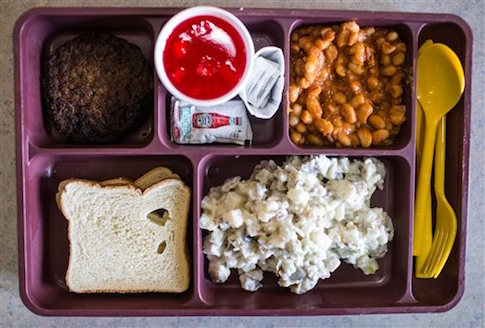The federal government said in a hearing Tuesday that the state of Florida cannot deny observant Jewish prisoners kosher meals.
The hearing was part of U.S. v. Florida Department of Corrections (DOC), the first case being litigated by the federal government against a state prison system under the Religious Land Use and Institutionalized Persons Act. The hearing took place in the Eleventh Circuit Court of Appeals in Miami, Florida.
The Florida DOC has argued that providing kosher meals to observant Jewish inmates would be too expensive, but the federal government ordered Florida to stop denying access to kosher meals last year. According to the Becket Fund for Religious Liberty, which filed an amicus brief in March urging Florida to provide the meals, the estimated cost amounts to 0.02% of the state’s annual budget.
"Many states also ensure that the kosher diet is no more desirable than the regular diet, thus eliminating the incentive to make insincere claims. This is not hard to do. Because many foods are not kosher, kosher diets typically have less meat and necessarily have less variety," according to the amicus brief. "Wyoming thus warns inmates that, ‘[d]ue to the strict preparation guidelines and limited kosher product availability, the variety of menus and items available for the Kosher Religious Diet Program may be more restricted than those available to others in the general inmate population.’"
When asked for comment, the Florida Department of Corrections said its religious meal program, which began in 2012, includes nine thousand inmates who are served with meals that "comply with the tenets of their faith."
Diana Verm of the Becket Fund told the Washington Free Beacon that Florida has lost individual lawsuits like this before, and that their reasoning is unclear, especially considering that 35 states and the federal prison system already provide kosher meals. She also said that if the public is worried about keeping individuals from reoffending, this is a good step to take, as prisoners are less likely to reoffend when given the opportunity to fully practice their religion behind bars.
"Every American should care about prisoners' religious liberty," Verm said. "If the government can provide religious freedom for one, they can for everyone. If they can take away one right, they can take away them all."
